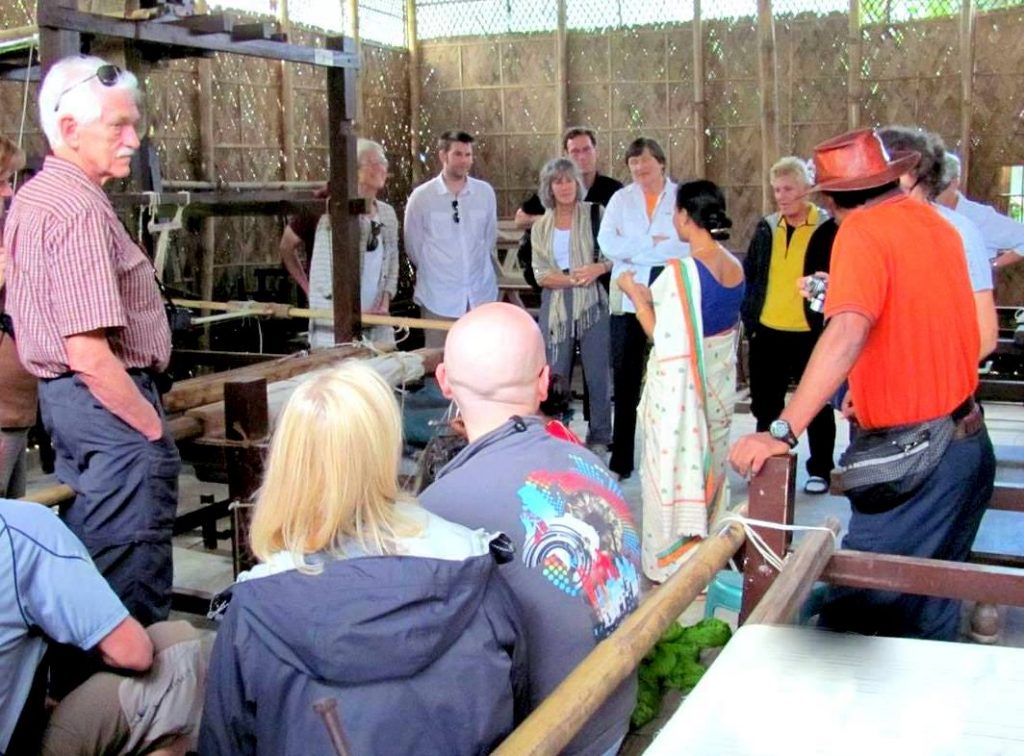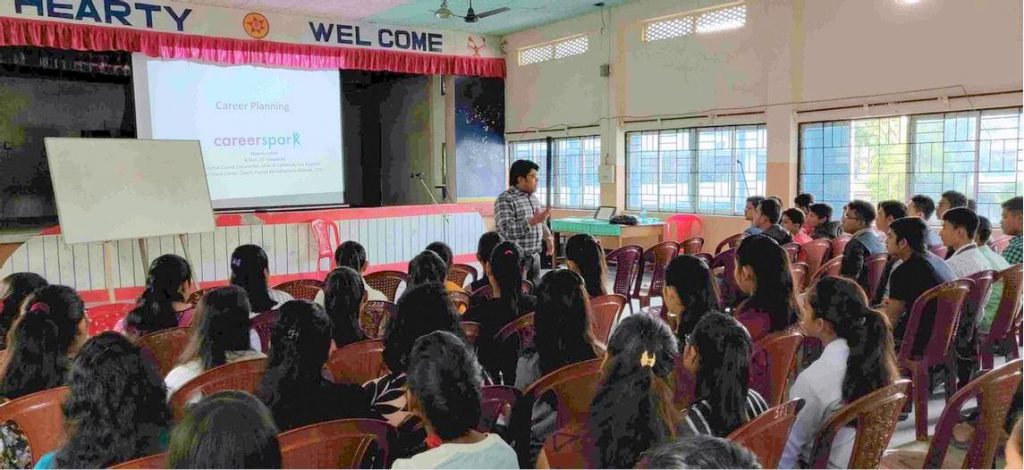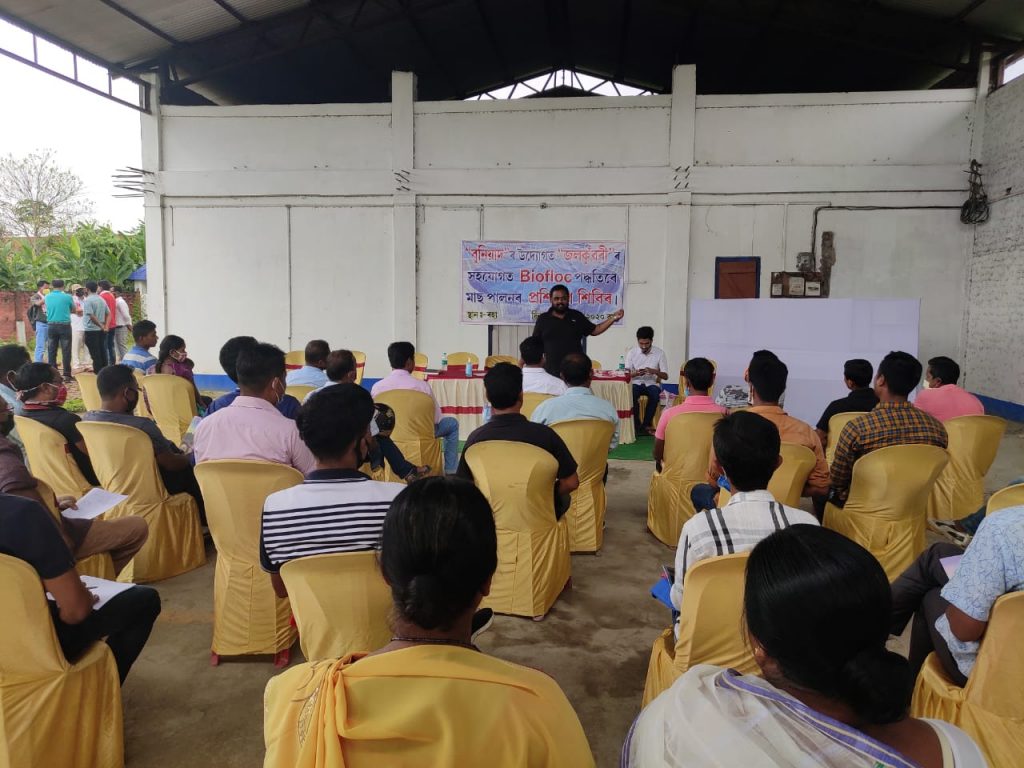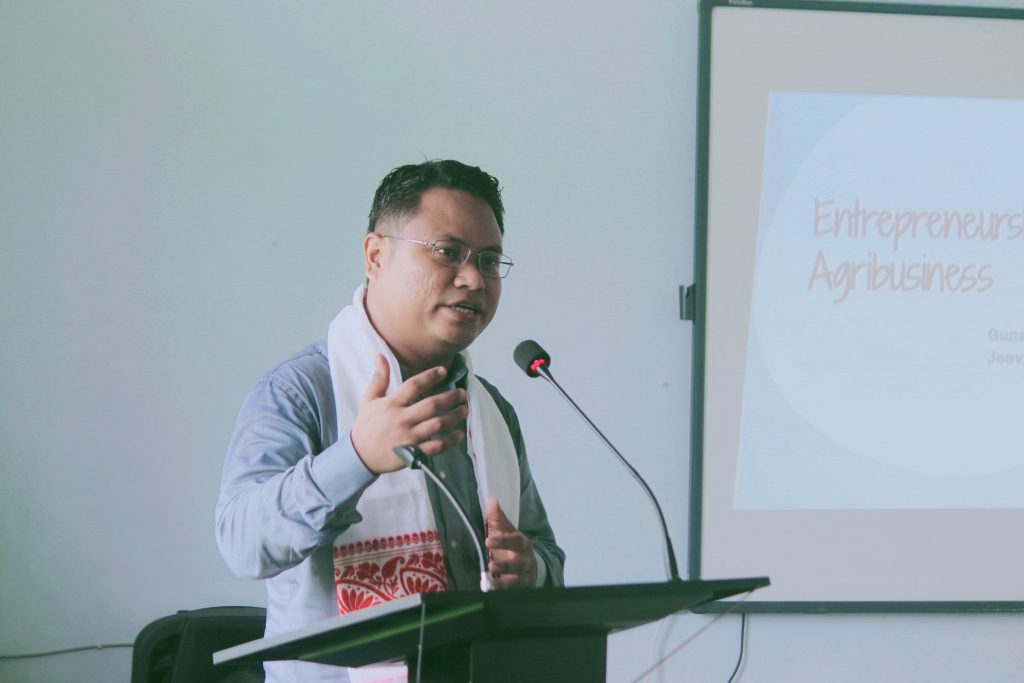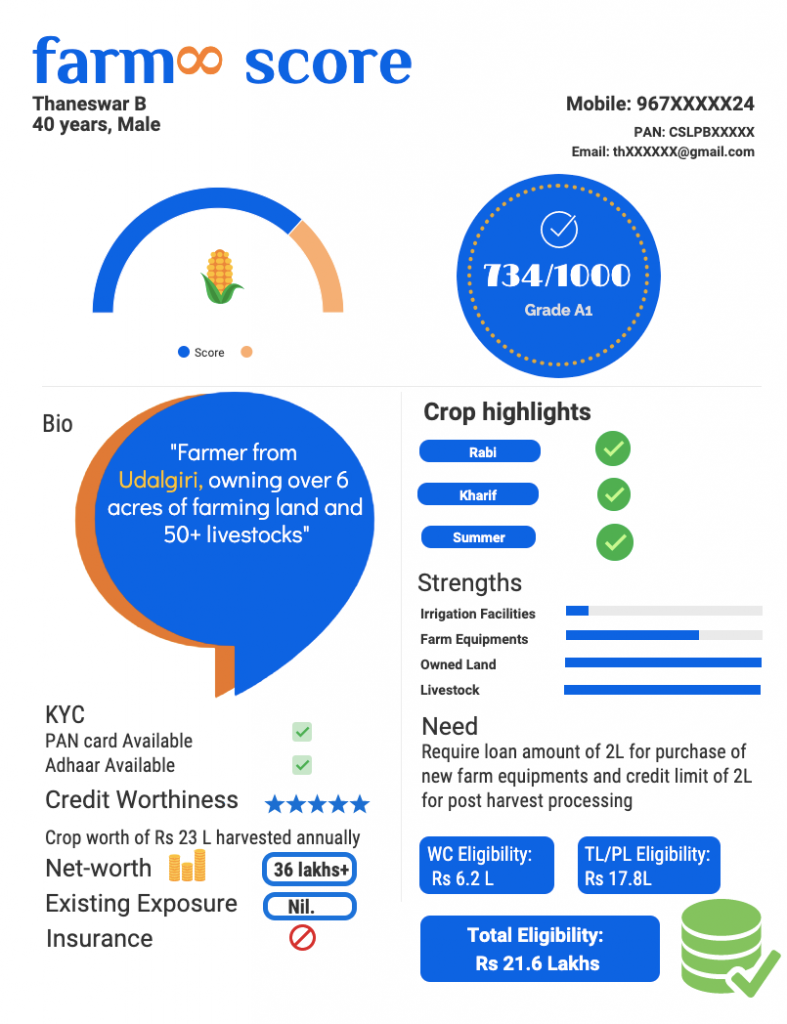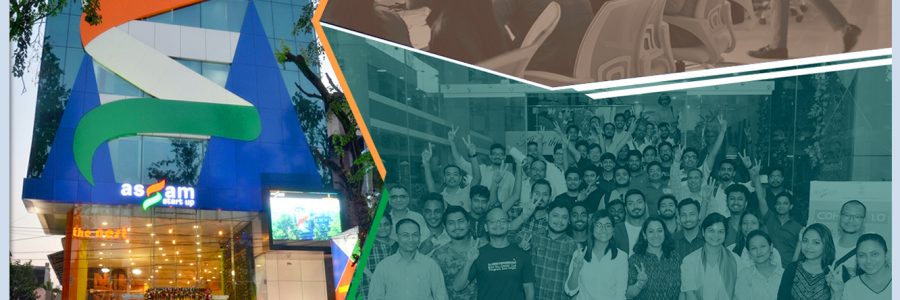The pandemic has by and large resulted in a testing time for business establishments, especially for startups. While the supply chains have been severely disrupted, it has become a task to keep the cash flowing. Nevertheless, hard times are meant to either make or break you. Since the abatement of COVID-19 still remains entwined with uncertainties, it is important to stay alert and prepared for all the scenarios. Here’s a list of smart adoptions to keep your business afloat during the pandemic.
• Analyse the burn rate in both the scenarios: Analyse the current cash outflow and the cash inflow during the normal days. Optimize the burn rate and look out for areas where you can reduce spending viz., glossy marketing, office rent, and other expenses, some of which could be avoided even after the crisis is over.
• Adapt to the trend and create an entirely new revenue stream: Adapt to the current market landscape and optimize your new revenue model. Brace yourself for the possibilities of an entirely new revenue stream emerging post-pandemic.
• Take cues from competitors: Observe the competitors that have been coping well with the pandemic. Observe the different activities they have engaged in to outshine the crisis. Adjust your strategy and realign your business to better match the competition.
• Communicate with the stakeholders: Consult with your investors and external experts (business mentors) to plan the right form of communication in the given situation. Have an honest conversation on the situation and its impact on your business with credible industry experts.
• Look for grants: Governments across the globe have been offering special COVID-19 grant schemes to help companies counter the current situation effectively. Identify suitable schemes and waste no time to apply.
At the end of the day, there’s no fixed rule to wade through problems. The most striking quality of startups is their whacky, out-of-the-box thinking to find ingenious solutions to the problems. Startups from The Nest have also explored new ways to sail through the pandemic. Whether ensuring decent cash flow or putting a check on cash burn, the startups have been working out ways to keep afloat their businesses.
Acknowledging pivoting as a crucial survival trick during the pandemic, car service aggregator Automovill Technologies has successfully ventured into vehicle sanitization services. The startup is using high-grade anti-microbial solutions to sanitize government vehicles, ensuring safety and hygiene in these testing times. They have also sanitized a number of office setups in Guwahati.
When North Eastern handloom and handicraft oriented startup Brahmaputra Fables realized a demand dearth for the regular handicraft items, they wasted no time in diverting focus to mask making. Being a social enterprise, the startup launched a campaign “Make Your Own Mask”, giving standard mask-making tutorials to the local communities to make and earn from masks. To date, they have been able to ship mask orders worth Rs. 5 lakh, opening livelihood opportunities for the local population in the process.
Another social enterprise, North East Farm Sales Promotion, offering on-demand processing and packaging services to farmers, continued to procure agro products from farmers at 1.2 times the market price and sold packaged products worth around Rs. 40 lakh in three months since June. They also utilised this time for R&D and product line expansion. As a result, the startup has been able to launch their new line of herbal room fresheners immediately after the lockdown.
Many of our startups have made the most of the lockdown to undertake R&D activities for product development and expansion. The slowdown offered startups the time to upskill themselves. Attending different knowledge webinars have helped them with better insight and enabled them to fine-tune their business models.
Areca leaf tableware manufacturer, Recon, made a nifty move to build a pipeline of skilled workers during the lockdown. At a time when product manufacturing mostly remained suspended, the startup utilised the time to skill up local women from the BoP community to make areca tableware. In the process, the startup isn’t just skilling up workers, but also opening livelihood opportunities for the BoP population.
The incorporation of digital elements had rightfully found the topmost priority for most of the startups. The ones who had hitherto vouched for the traditional sales channel finally began exploring the ease and efficacy of the digital medium. Rather than typically banking on physical stores and retail houses, startups like North East Farm Sales Promotion and Aromica Tea began taking their products to online retail platforms like Tribes India and Amazon respectively. A one-stop place for bicyclers, Spokehub tried to virtually make it up for the dried out cycling events with their newly launched YouTube channel. Another startup, Utkarsh Edutech, shifted a major part of its prototype for school-level Science experiment kits to an online mode. While they continue to work on the prototype for the physical Science kits, the priority has shifted to developing an application with Science experiments in vernacular language integrated with animated Science and Mathematics video tutorials for school students from vernacular medium.
Customer retention has been a major challenge faced especially by the emerging startups during this period. While most of the production and services remained suspended during the lockdown, it was a task for companies to stay fresh in the customers’ memory for finding the first preference in wake of a demand when things would fall back to normal. Guwahati-based Aromica Tea found an interesting way to stay afloat and remind the consumers of their credibility. Apart from taking up mask distribution, founder Ranjit Baruah developed attractive paper flasks and distributed freshly brewed ghost chillie tea in it to the on-duty sentinels in and around the city for free. The initiative managed to garner a decent amount of attention, especially from the media fraternity. They even offered home delivery to the customers, minting decent revenue in the process.
The slowdown offered conducive time and space to the startups to touch base with their customers and strike connects with credible stakeholders. The startups came out guns blazing to seize this opportunity. Travel startup Encamp Adventures, offering experiential tours to North East India capitalised on the pause to personally reach out to their customers. They utilised the period to run a survey among their customers and have accrued some eye-opening feedback, which would be incorporated into their Go To Market strategy.
A few of the startups came up with interesting ways to cut down on the cost while sustaining the employees at the same time. While some of them had restricted staff remunerations to sustenance allowance, one of them went a step ahead and offered accommodation to the team members along with the allowance. A few of the startup founders went out of the way to explore avenues for cash flow mainly intended at supporting the employees. At an hour when the employees were susceptible to demotivation and inefficiency, the startup founders worked out unconventional ways to pump up the team with reassurance and appreciation.
Industry gurus have been championing unconventional collaborations as a means to survive the current crunch. And our startups have bought into the suggestions wholeheartedly. Rather than typically banking on retail platforms like Amazon and Flipkart, startups like Aromica Tea, Esah Tea, and Manorama Foods & Agrotech have collaborated with Brahmaputra Fables to leverage its online platform for sales.
There is no strict guidebook for survival. Smart thinking and agile implementation are the keys to finding unconventional solutions for subsistence. The confidence and chutzpah unique to the startups inject in them the drive to stay undeterred by hurdles and rather make the most out of the challenges.
It is because of this impeccable problem-solving spirit that the 26 startups from Cohort 2.0 managed to generate total revenue of around a crore in four months during the pandemic. From launching a parallel trading company to trying hands in dropshipping and grocery delivery beyond the company purview, the startups have hardly left any stone unturned to sustain themselves through the pandemic. The Government of Assam’s POC and Scale-Up grant worth Rs. 3.3 crore to the 31 incubated startups under the My Assam Startup ID has also come as a timely respite for the startups.
If it takes the worst of a situation to bring out the best in someone, perhaps, no one fits this bill more than the startups. The array of challenges hurled by COVID-19 has posed an opportunity for startups to think harder, explore the creative pockets of the mind like never before, and devise ingenious solutions. If the problem-solving mindset is a key virtue for startups, COVID-19 has corroborated its urgency like nothing else.

